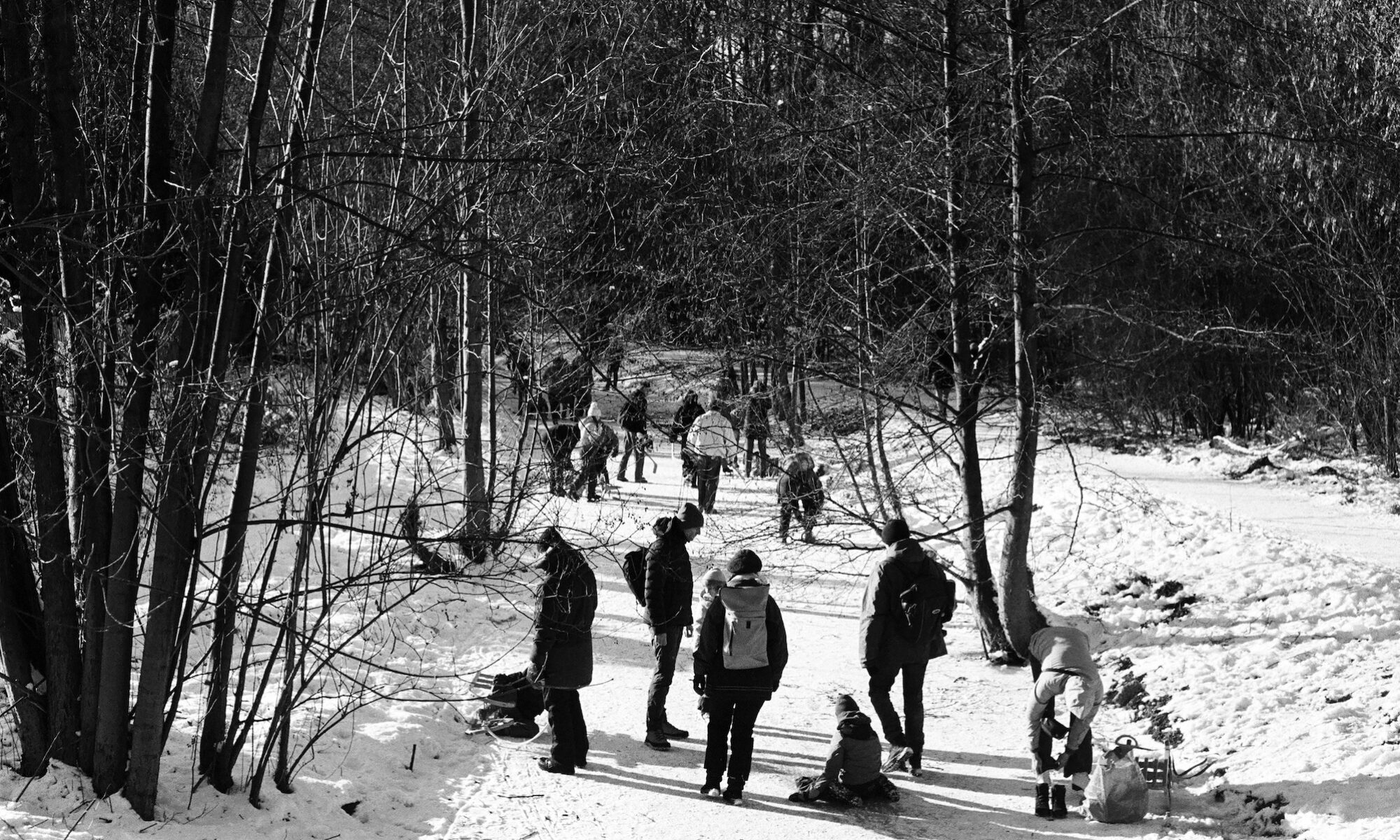[Note: this is part of our annual Guest Writer Series. Meet guest writer #12.]
The relationship between resilience and renewal intrigues me as the United States transitions through controversial change. We are living through a time with definite opinions on a wide range of topics like inclusive history, COVID protocols, book banning, global warming, BIPOC equity, separation of church and state, LGTBQ+ rights, issues regarding our bodies, and much more. Determining how these issues fit into our lives causes varying degrees of stress. Stress categorizes into three forms: mild/annoying, acute, and traumatic. It can be both positive and negative. How we process change differs based on our levels of resiliency, perceived levels of control, and our ability to renew.
Resilient individuals possess coping skills when dealing with challenges, understanding they may need professional assistance if the situation is traumatic. Those who are not resilient often have extreme self-regulation issues or their reactions are not in proportion to the circumstances even with just mild or annoying stressors. To them, it is always someone else’s fault. Resilient individuals contemplate how situations impact others in ways they had not imagined before. They take responsibility for their actions and reactions. Over time they learn how patience and resilience are companions. Learning self-regulation and renewal may come through gardening, artistic projects, fishing, watching sports, or doing yoga. Travel, watching UK murder mysteries, swimming, and walking my dogs does it for me. Everyone must find what works for them.
Can these skills be learned as an adult, if not learned in childhood? The answer is “yes.” Resiliency requires interaction, engagement, perseverance, and learning from one’s mistakes. It also takes an internal belief that you can survive your situation and taking responsibility for your actions. Renewal is an important part of developing resiliency because it allows you to disengage and then re-engage. Recognizing there are times you need to “take time for yourself” permits your brain to reset and see things in a more reflective way. The more resilient you are, the more likely you are to be able to understand what others are trying to communicate. This is particularly important in times of rapid change. Just surviving a tumultuous time does not equate to being resilient.
If you are a child who has an adult in your life who provides structure, consistent reactions, and a belief in your very being, you are more likely to have resilient behaviors that will carry you for years. Faith is often a strong component in this developmental process. The good news is that if you did not, you can learn these skills, but it takes intentionality to do so. In short you retrain your brain.
Resilient people may not be recognized by others until circumstances present themselves that reveal their high-level of coping skills. Individually, we do not always appreciate challenging circumstances, but to our surprise we later realize when we are away from the situation, we gained insightful life lessons about ourselves and others. We understand the skills we learned over time helped us self-regulate as we navigated. Although exhausted, we still sufficiently coped. Kenny Rogers had a point…knowing when to hold ‘em, when to fold ‘em, knowing when to walk away, and knowing when to run.
Resilient people recognize resiliency in others. Deep thinkers are sometimes misjudged as not being interested or regarded as snobs when in fact they may be carefully observing prior to engagement making sure they are strategic in their approach. Those on the spectrum approach challenges differently every day. Their gifts are not always recognized until we need the specific talent they possess. Sometimes what we think is an unconventional way of coping is a healthy adaptation to the immediate environment. As the outside observer we do not realize individuals are utilizing skills that make them even more resilient in future circumstances. Instead, our lack of experience allows us to discount their coping mechanisms.
Our backgrounds, past relationships, surroundings, and life events provide others with one image but not always one we see in ourselves. As we move forward as a country of collective individuals, we need to make sure we are taking time to reflect, renew our spirits and ask questions. No matter how self-aware or resilient we think we are, there is always need for further reflection. We need to understand our impact on others. We need to ask ourselves, “Do our actions have unintended consequences?”
I had always wanted to travel to the Alps to listen to the cow bells echoing off the mountains. Finally hearing the bells in person on the mountainside was more magical than I had imagined, my perception changed with one question, “Did you know this causes the cows discomfort and stress?”
What? It had never occurred to me it hurt the cows because the sound met my need, my perceived reality. I had never asked myself how the cows were hurt by the bells. I had considered the weight of the bell, but not the negative impact of the ringing. I never considered the stress was continual for the cow, nor realized their powerlessness to do something about it until the person causing the stress recognized it. This disturbing reality haunted me. This led me to observe the cows more. I admired the way they had adapted to the bad decisions of others who either never thought about it or decided the benefit outweighed the stress it caused.
Recognizing the cows’ ability to cope and continue through generations made me think more deeply about how our own country is divided. We sometimes unknowingly discount those different than us by making assumptions without proper questioning. In our personal journey of resilience and renewal, maybe we should take the opportunity to do a better job of asking ourselves the advantages of accepting a more inclusive society. Just maybe.
Respectfully…
VEE
